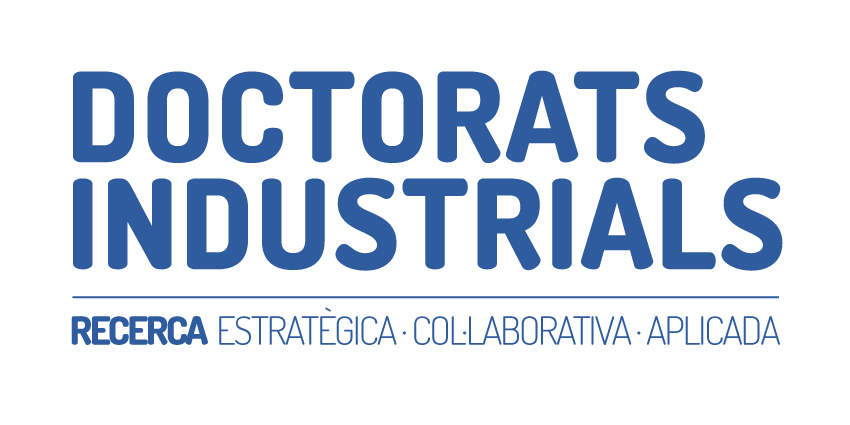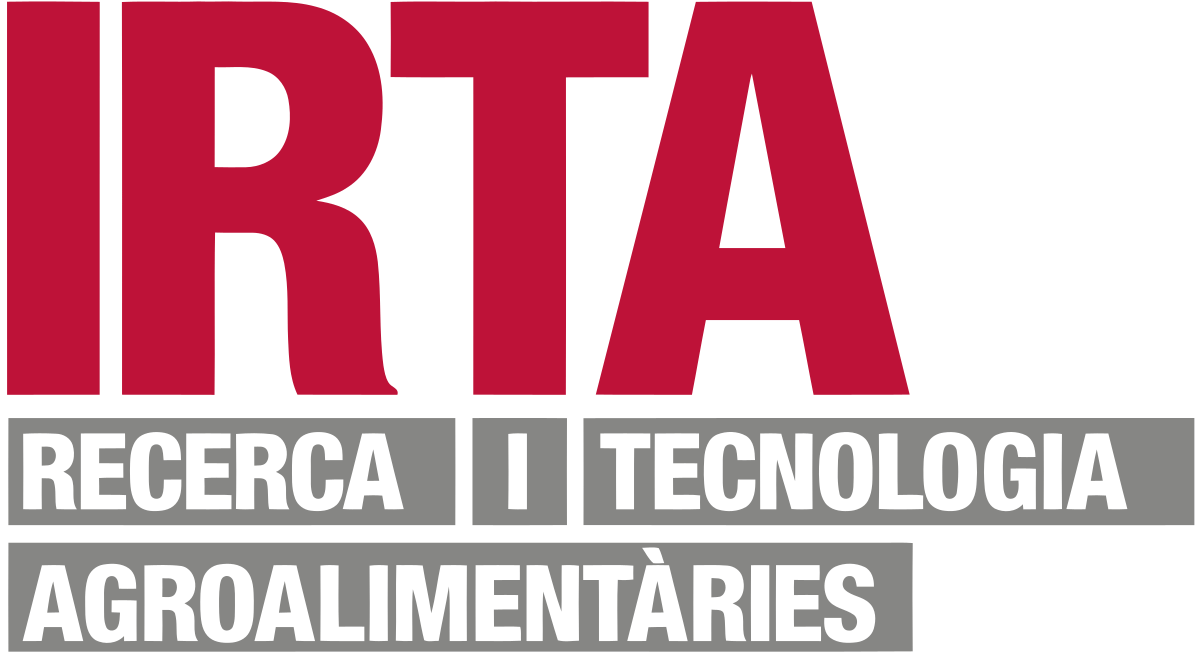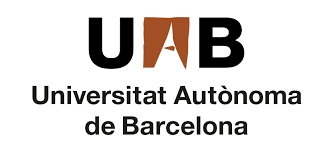Descripció del projecte
Porcine Reproductive and Respiratory Syndrome Virus (PRRSV) continues to be a formidable adversary in swine production, with its pervasive impact felt across the globe. Current vaccination strategies, while integral to herd health management, are often implemented without a clear understanding of infection dynamics, particularly in weanling piglets. This has led to debates within the veterinary and Key Opinion Leaders (KOLs) communities regarding the efficacy of vaccinating already infected piglets. The development of precise diagnostic tools to determine infection rates at weaning is crucial, as this information is pivotal for the timing and success of vaccination programs.
IRTA-CReSA brings to the table over a quarter-century of focused research on porcine viruses, particularly PRRSV. This extensive experience is crucial in understanding the complex interplay of viral epidemiology and immunity. Partnering with IRTA-CReSA is Hipra, a trailblazer in the veterinary pharmaceutical industry and a revered name in the production of animal health solutions. Hipra’s global distribution network and commitment to innovation make it an ideal collaborator in this venture. The joint expertise of IRTA-CReSA and Hipra aligns perfectly with the goals of this proposal, to cut through the uncertainty surrounding PRRSV vaccination and diagnostics.
The objectives of this research initiative are twofold: First, to engineer an advanced diagnostic strategy that will accurately measure the prevalence of PRRSV at the crucial weaning stage. This will involve a novel approach to pooling blood samples, evaluating the impact of different viral loads on RT-PCR Ct value sensitivity. Furthermore, the candidate will explore the efficacy of tongue tip aggregates at different viremia and aggreagtion levels as a diagnostic specimen. Second, the research will quantify the benefits of vaccinating piglets in an array of prevalence scenarios. By doing so, it will provide data-driven insights into the ROI of piglet vaccination, which vary widely between farms and are influenced by the prevailing stability time post-vaccination. Ultimately, this initiative will culminate in a set of best practices for PRRSV vaccination, grounded in rigorous laboratory research and customized to address the unique epidemiological profiles encountered in diverse farming operations.
This comprehensive approach, which encapsulates the cutting-edge diagnostic evaluation and a holistic assessment of vaccination benefits, is anticipated to yield a vaccination strategy that is not only based on empirical data but also fine-tuned to the nuances of individual farm situations. This strategy will enable swine producers to maximize the health and productivity of their herds, thereby enhancing sustainability and profitability in the face of PRRSV.




